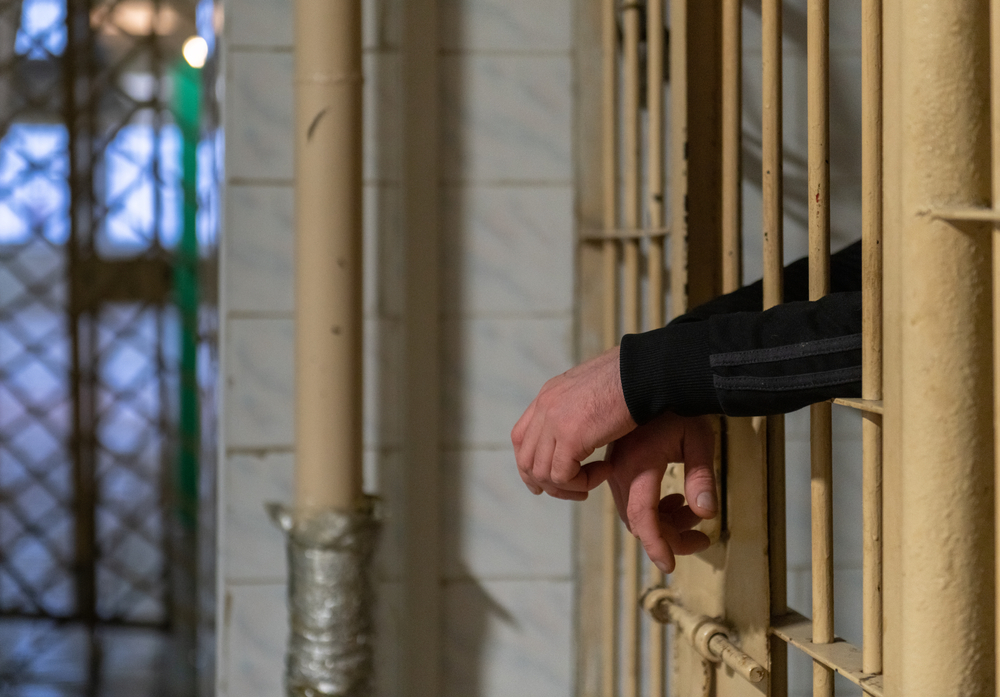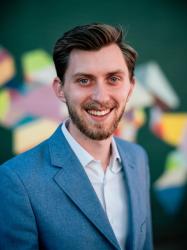A debate is brewing over the thousands of inmates who were allowed to return home due to the health risks of the COVID-19 pandemic. They could soon be sent back to prison to finish their sentences. Prison reform activists argue that the system should prioritize rehabilitation at home while others argue that the sentences given by the courts should be fulfilled to maintain a fair judicial system.
Underlying this debate is an unspoken discussion about the paradox of human nature. Humans are all at once created with intrinsic value and also capable of great evil. Properly understanding this paradox is key to organizing society.
The first half of the paradox begins in the garden of Eden. On the sixth day of creation, God created humans and determined that they were “very good.” Humans were valued by God above all the other created things because they were made in his image. Human dignity is foundational to a flourishing society. Without it, we have no way of valuing a human being above a cow or a tree.
Human dignity, however, is not the only core part of human nature. The second half of the paradox has to do with what humans did with their freedom in the garden. Humans chose to commit great evils. The tendency toward evil is apparent everywhere in the world. People are constantly willfully harming those around them for personal gain.
This is the paradox of human nature: humans are at the same time the culmination of creation and capable of the greatest evil. The paradox is evident in the world. When war or famine hits an area, there are some who sacrifice to help those who are in the greatest need and others who use the opportunity to cheat, steal from, and exploit others.
This idea would be familiar to the founders. “If men were angels, no government would be necessary,” wrote James Madison in Federalist Paper No. 52. The American founding was a counterpoint to utopianism that would insist on the perfectibility of man. Yet the Declaration of Independence also states, “We hold these truths to be self-evident, that all men are created equal, that they are endowed by their Creator with certain unalienable Rights, that among these are Life, Liberty and the pursuit of Happiness.” Our founding documents wisely created a system which presupposes human dignity yet also holds a realistic view of human action.
Unfortunately, in current policy debates we often tend toward one side or the other.
In the criminal justice system, some argue for deterrence while others for rehabilitation. In the welfare system, some argue for strict requirements for aid while others argue for a universal basic income. Human nature creates the need for a system to balance justice and mercy.
Shakespeare noted this paradox in the quality of mercy speech from the Merchant of Venice:
Though justice be thy plea, consider this,
That, in the course of justice, none of us
Should see salvation: we do pray for mercy;
And that same prayer doth teach us all to render
The deeds of mercy. I have spoke thus much
To mitigate the justice of thy plea;
Ignoring either the inherent goodness or the fallenness of man leads us to either utopia or authoritarianism. If man is endowed with human dignity and also perfect, there is no need for laws. If man is corrupted and is not inherently valuable, then even the harshest laws have no downside. This perspective also shuns simplistic answers that posit an overly simplistic solution to our current problems.
The story of human nature starts in a garden and ends in a glorious city. We are in neither that first perfect dwelling nor the final re-perfected one. In our current position, the paradox of human nature must be central to our political discussion.
We must have a realistic understanding of sin nature which is “mitigated” by a vibrant understanding of human dignity.

